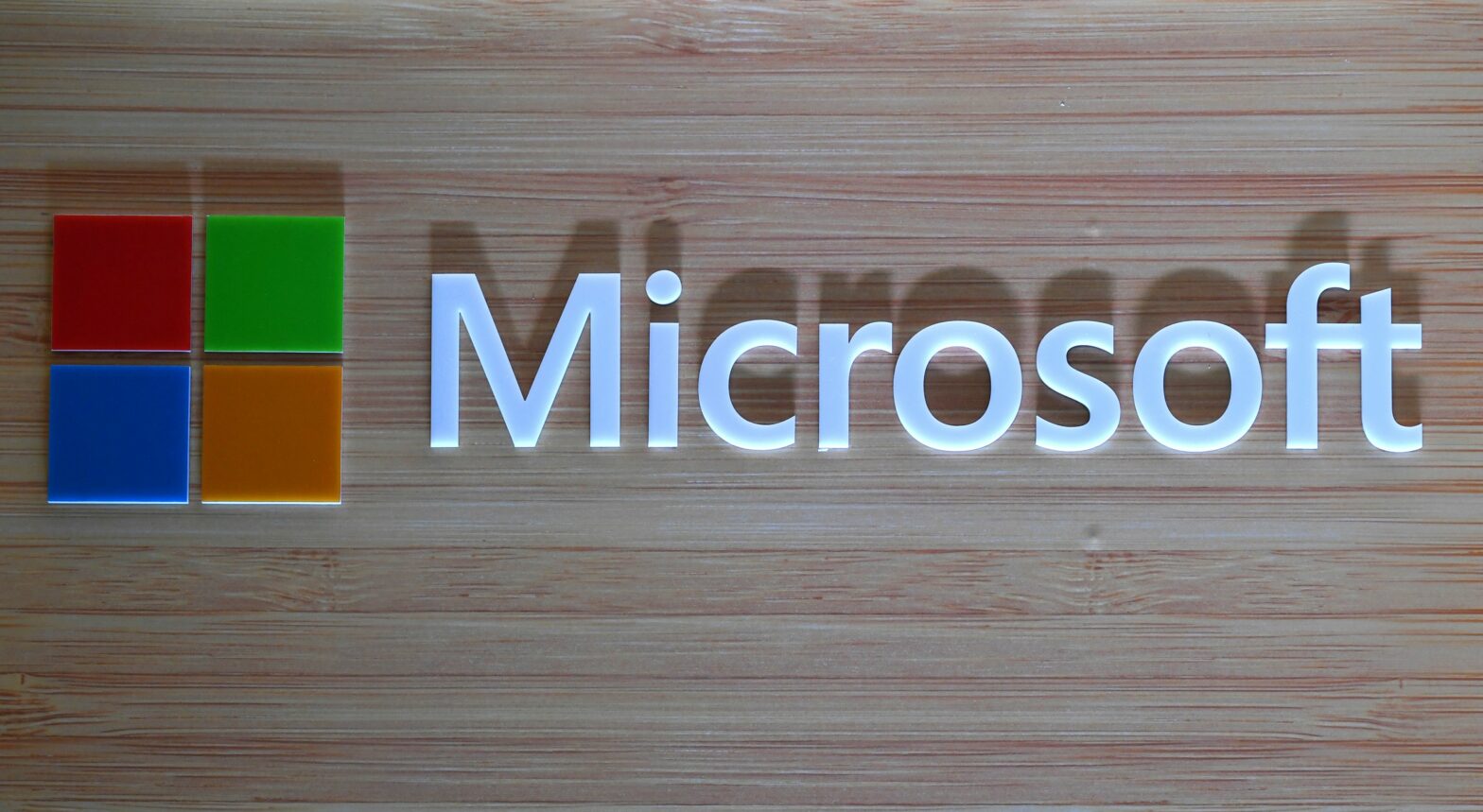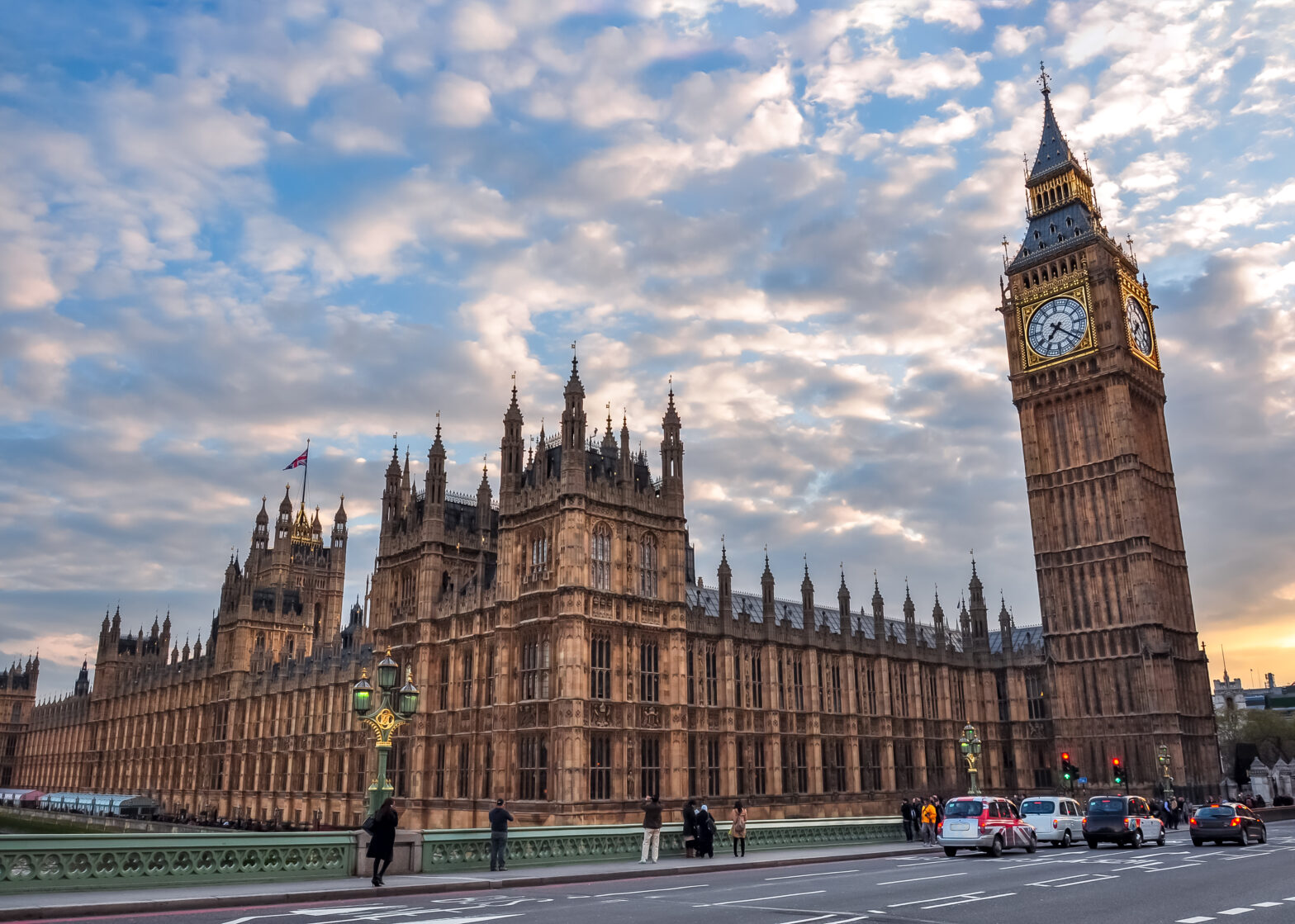In the information age, lack of Internet access can soon cause tempers to fray. The Internet Governance Forum, a UN summit on the political aspects of the web that took place in Athens in November 2006, is a case in point.
Matters were not helped by the lack of Internet access for delegates. But the real arguments kicked off when a Chinese government official flatly denied its role in censoring the web.
“In China, we don’t have software blocking Internet sites. Sometimes we have trouble accessing them, but that’s a different problem,” he said.
This flies in the face of a report by the Open Net initiative, examining China’s Internet censorship policy during 2004 and 2005. “China’s Internet-filtering regime is the most sophisticated effort of its kind in the world,” the report’s authors concluded.
At the summit, human rights organisations tried to call technology companies to account for their part in the alleged censorship of online material by governments such as China’s, only to be met with further denials.
At one point Julien Pain of media activism group Reporters Without Borders stormed the stage with laptop in hand and forced Cisco senior director Art Reilly to look at an online brochure from the company advertising exactly the kind of technology that could be used to control the content available on the Internet. “You sold technology to Chinese police,” he said.
Reilly refuted the accusation of collusion with oppressive regimes, saying that the product had been sold all over the world to all kinds of organisations.
Microsoft’ legal counsel, Fred Tipson, meanwhile was defiant, telling the conference that if anything his company’s software was improving information access in countries such as China.






